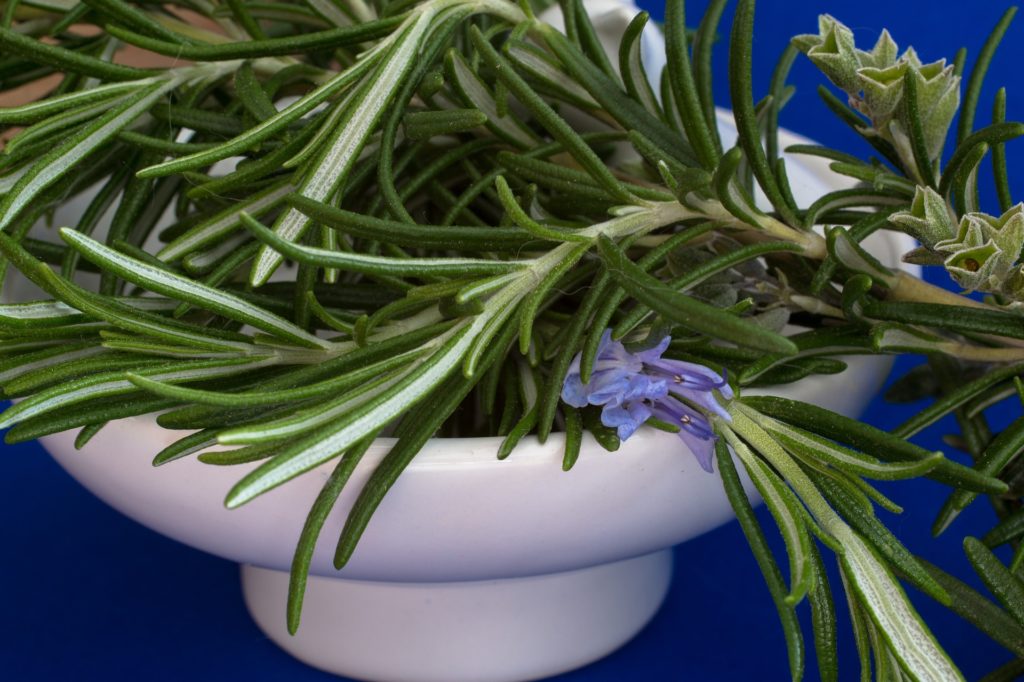Alternative Treatments for Urinary Tract Infections

Urinary tract infections (UTIs) are a common and often recurring problem for women. Standard approaches usually include antibiotic treatment to eliminate the infection. Unfortunately, in a percentage of women the infection recurs necessitating continuing courses of antibiotics. Around half of all women will experience a symptomatic urinary tract infection in their lifetime and a quarter of those will have the infection recur within six months (Aggarwal 2020). In some women, the bacteria involved may be resistant to certain antibiotics making treatment more difficult. Due to the challenges with standard antibiotic approaches, it’s worth seeing if alternative treatments have enough evidence to be considered a viable option.
Natural approaches for UTIs include:
- Increased water intake
- Cranberry and D-mannose
- Combination herbal/supplement products:
- Canephron
- Utipro plus
Water
I’d be remiss to not mention one of the safest approaches for helping decrease urinary tract infections: drinking enough water. Research shows that drinking more water, especially in women that don’t drink enough, can reduce urinary tract infections. Women with recurrent urinary tract infections that were drinking less than 1.5 liters (6 cups) of water a day were asked to increase their water intake by 1.5 liters in addition to their normal fluid intake. Water alone over the course of a year decreased the risk for recurrent UTIs by a factor of 1.5 (Hooton 2018).
A separate study for women in care homes instituted a monitored practice of having residents drink seven glasses of water per day. Urinary tract infections were reduced by 58% with UTIs requiring hospitalization reduced 36% (Lean 2018).
Cranberry and D-Mannose
When most people think of natural treatments for UTIs they think of cranberry juice. Unfortunately, the data on cranberry juice for urinary tract infections is somewhat mixed. A cochrane review came to the conclusion that cranberry is ineffective. However, the study showed trends towards benefits and mentioned significant limitations in the research, since studies often did not list dosage. Without dosage information, some studies may have not used enough cranberry to be effective (Jepson 2012). Other, more recent meta-analyses have concluded that cranberry is effective at reducing UTIs by 33% or 26%, depending on the analysis (Luis 2017, Fu 2017).
Cranberry is thought to work at least partially due to its D-mannose content. D-mannose is a sugar that inhibits bacteria from sticking to cells inside the urinary tract. It also appears quite safe with virtually no effect on blood sugar levels (Harding 1933). A systematic review also found that D-mannose alone effectively reduces recurrent urinary tract infections and improves the quality of life for women suffering from recurrent infections (Kyriakides 2020). With my own patients, I’ve often recommended D-mannose. While it’s not 100%, I’ve seen enough people benefit that it’s often my first recommendation.
Combination Products
While I usually try not to discuss branded products, there’s enough research to at least mention the two supplements below. Keep in mind that research on branded products often suffers from bias, since the company producing the product is often the source of funding for the studies. The two products are primarily available in Europe, however, I would still note the ingredients as some research supports the individual components’ effects on UTI as well.
Canephron

Canephron is a supplement combining the herbs rosemary, lovage and centaury. The product has been studied in multiple countries for urinary tract infections in comparison with antibiotics and generally has been found to have about equal efficacy (Rechberger 2020, Alidjanov 2020, Ostrovsky 2019, Wagenlehner 2018). It’s described as an option for women who are allergic to antibiotics and as a way to try and reduce antibiotic use.
Utipro Plus
The active ingredients in Utipro Plus contain xyloglucan, propolis and hibiscus. In marketing materials, xyloglucan is described as a coating agent that provides a protective film in the intestines. This “film” inhibits bacteria implicated in urinary tract infections.
I would take issue with the description, since the surface area of the intestines is so large, it’s hard to imagine anything contained in a capsule coating the whole surface. It’s more likely that xyloglucan is acting as a “prebiotic” and improves the health of the gut wall (Esposito 2020, Chen 2020). Prebiotics effectively discourage bad bacteria by feeding beneficial organisms.
The research on Utipro Plus is not as robust as Canephron. However, a clinical trial in women showed reduced antibiotic use and improvements in quality of life. By six months, 51 of 61 women had a “return to their pre-UTI clinical status” (Cai 2019). Another study used Utipro Plus in conjunction with an antibiotic initially and showed better clearance and less recurrence of UTIs (Costache 2019).
Conclusion
Urinary tract infections can be challenging for some women to resolve. Standard treatment with antibiotics can also cause problems with the gastrointestinal flora along with encouraging antibiotic resistance. Having safe options for treating uncomplicated urinary tract infections would be a welcome treatment addition. Research is starting to suggest a number of approaches may be helpful in treating UTIs without antibiotics. Hopefully, more research can best identify which approaches are safest and most effective.



